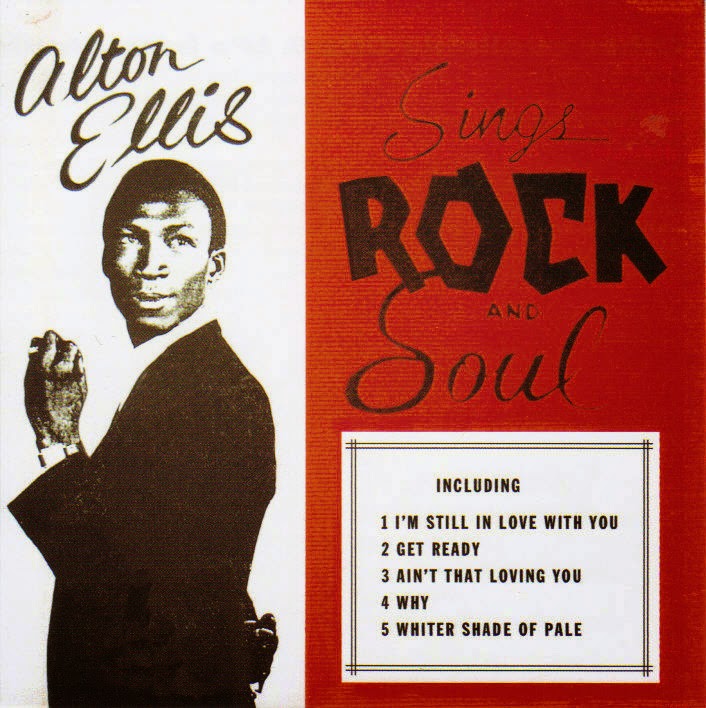"With their classic '49-52 King recordings the Spirit of Memphis reached the peak of gospel perfection, creating a body of work unparalleled for its absolute vocal mastery and profound emotional impact. It's impossible not to reach for superlatives when talking about these performances, all the more astonishing for being - with a couple of regrettable exceptions - entirely unaccompanied.
This is music that is the absolute antithesis of easy listening: its depth, intensity and seriousness are such that - as titles like 'Blessed Are The Dead' suggest - it defies casual enjoyment. You may not find yourself listening to the Sprit of Memphis very often, but to hear them is one of the greatest experiences music can offer." - Neil Foxlee
The quote is from the recommended book The Best Music You've Never Heard (2008 Rough Guide). I couldn't put it any better. Now you want to hear what all the fuss is about, right? It made me curious too. So as the book suggested I bought the 2cd Happy in the Service of the Lord (2005 Acrobat Music) with the King-output of the Spirit of Memphis Quartet - that at times consisted of five to eight members!
December 1949 there were six. One bass, two tenors and three baritones. This line-up offered no less than three outstanding lead singers: the thundering baritone Silas Steele (born in 1911), the clear pure tenor Willmer "Little Ax" Broadnax (1916) and in-between the sweet, soulful Jethro Bledsoe (1917). The latter was a tenor according to Mr. Foxlee, but the cd-booklet lists him with the baritones on all recordings. On December 12 the Spirit of Memphis recorded at least six songs, released by King as three 78s. The first one, King 4340, was an absolute killer. On '
The Day is Passed and Gone', you can hear Silas Steele testifying, in allegedly the first gospel waxing to include a sermon, counterpointed by "Jet" Bledsoe. Flipside '
Blessed Are The Dead' is a great example how beautiful all voices blended.
The same day the same six cut 'If Jesus Had To Pray', with Little Ax shining. What a pity the song is not on YouTube yet, your Secret Museum will try to include it some other time.
Another highlight is '
The Atomic Telephone', from a recording session in August 1951, again built around a sermon by Steele with Bledsoe taking the lead. Lyrics influenced by the post-war Atomic Era:
"Lord have give us a great new power
for to use for the good of all mankind.
Some people gonna use it to destroy everything,
but God didn't mean it like that.
He wants it used for the good of all mankind!
Oh I have talked to Jesus
on the atomic telephone
(Well then) no man know the power
only God alone
(Oh well then) it can cure the sick
or destroy the people
with one sweep of power
known by God alone."
Their last recording for King on the 2cd is 'Lord Jesus', from a live concert in Memphis, October 1952. The song was written by Sister Wynona Carr, who recorded the song originally in 1949 for Specialty. Hear the "Quartet", again with six singers, performing a live sermon at the 7,000 seat Mason's Temple, with Bledsoe leading. On the King-release, 'Lord Jesus' was divided in
Part 1 and
Part 2.
Weird epilogue: various sources state that when Wilmer Broadnax died in '92, stabbed by his girlfriend Lavina Richardson, autopsy revealed that Wilmer was a woman, who had lived her life as a man.
If so, how did she make it as a much admired tenor lead in the world of all-male black gospel-groups?!
Full story
here: http://ubleproject.tumblr.com/post/29515613795/a-tenor-passes-wilmer-broadnax
Confusingly the cd-booklet says Little Ax(e) "was in fact a man living as a woman".












































